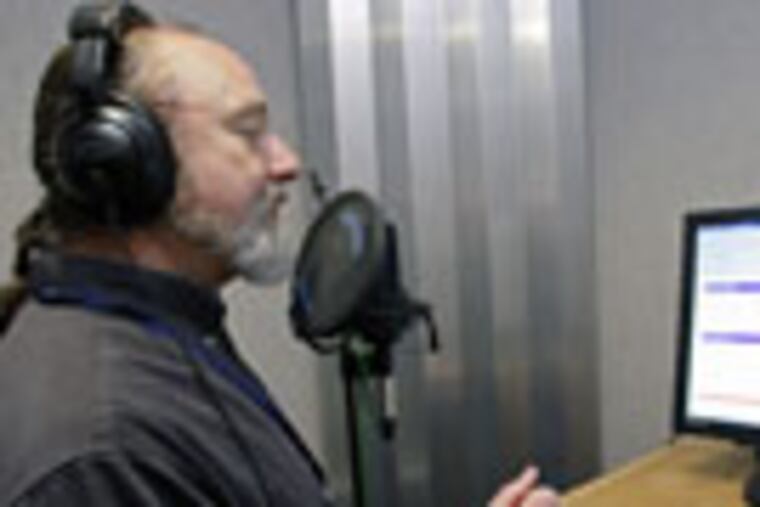Muzak seeks a happier tune
FORT MILL, S.C. - About the only quiet places in the headquarters of Muzak Holdings L.L.C. are, believe it or not, the building's elevators.

FORT MILL, S.C. - About the only quiet places in the headquarters of Muzak Holdings L.L.C. are, believe it or not, the building's elevators.
The omission is intentional. Muzak management wants visitors to know that the company has abandoned those Milquetoast renditions of pop songs.
But while Muzak Holdings spent years in the mid-1980s reinventing itself by selling custom "playlists" to restaurants and retail stores - real songs, not elevator-music versions of them - the company sank deep into debt and lost money. Now Muzak is restructuring under Chapter 11 bankruptcy protection.
The company accumulated much of its debt by buying out franchisees who had been selling music playlists to retail outlets and offices. The company's creditors also include companies to which Muzak pays more than $26 million annually in royalties, licensing, and other fees associated with acquiring music for playlists.
"This was a financial situation that was looming for 10 years," said Bruce McKagan, Muzak's vice president of content services.
Muzak was founded in 1934 by Maj. Gen. George Owen Squier, an inventor who patented a way to play a phonograph over electric power lines.
The company could not compete with radio for residential customers and instead targeted restaurants and hotels. Then elevators brought an opportunity.
As skyscrapers added lifts for speedier travel, their riders were often frightened by the height and the contraption's rattling. Music helped calm them.
Muzak's business was boosted further by studies in the 1930s. A British government report found workers were more productive and resented their jobs less when they were met with music in the workplace each morning. And the Stevens Institute of Technology in Hoboken, N.J., found that "functional music" at work cut absentees by 88 percent and reduced early departures by 53 percent.
The company plans to emerge from bankruptcy fairly quickly as it restructures its $436 million debt. Its bankruptcy filing cited assets of $324 million.
Meanwhile, Muzak has been cleared to keep operating its library of more than 2.6 million songs.
Those tunes envelop Muzak's workers the moment they pull into the parking lot and play throughout the 110,000-square-foot headquarters here. On one recent day, Prince's "Kiss" rang through the lot. In Muzak lingo, songs are tucked into one of nearly 90 playlists, or "programs," sorted by genre. "Kiss" is on a playlist called "The Boulevard," for adult R&B.
The company's offices were designed like a European village, complete with a central square for concerts by local acts. Wide walkways link sections of the complex. In one building, thousands of plain white shoe boxes line the walls, storing the numbered CDs from which songs have been ripped.
Nearby, things are quieter among the so-called audio architects, the people who customize music layouts for such retail clients as Ann Taylor, McDonald's, and Caribou Coffee.
It's done with a mixture of science and art, and with the help of a digital library called "The Well," from which Muzak employees select the optimal songs for sipping lattes or hawking lawn mowers.
Name the artists, and Muzak's got them. It has nearly 900 Beatles titles and 2,000 Elvis songs, all ready to be playlisted and sent to clients.
Sometimes a Muzak customer wants a simple playlist - say, all country and western. But much of the time, audio architect Steven Pilker said, Muzak's artists get to create.
"That's the fun part," Pilker said.